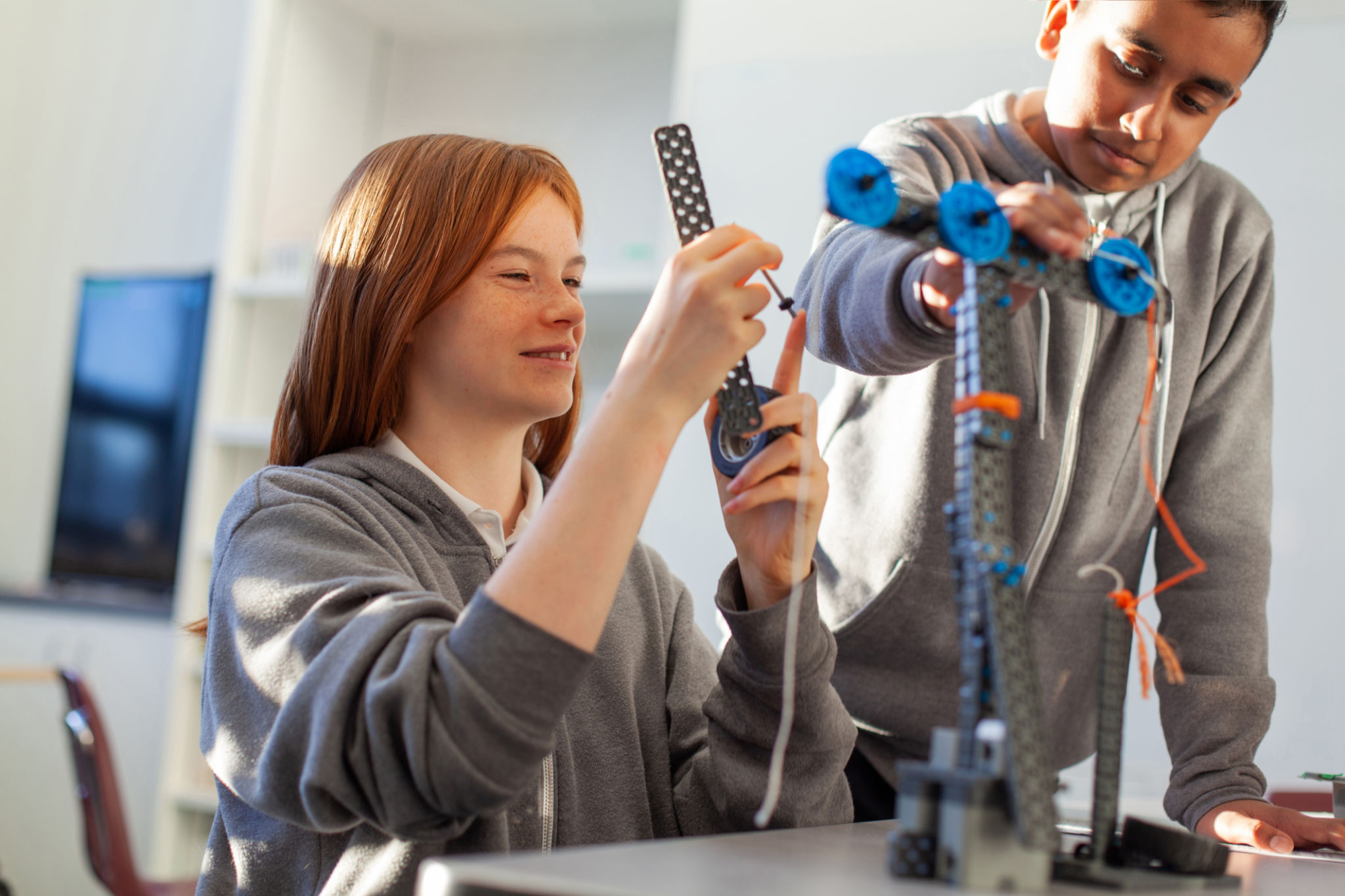Education Trends in Malaysia: What Parents Need to Know
Embracing Digital Learning
The educational landscape in Malaysia is rapidly evolving, with digital learning becoming a cornerstone of modern education. Schools are increasingly integrating technology into their curricula, ranging from interactive whiteboards to online learning platforms. This shift is designed to enhance student engagement and make learning more accessible. For parents, it's essential to understand that digital literacy is now as crucial as traditional literacy.
With the rise of e-learning, children can access a plethora of online resources and educational materials. Websites and apps provide interactive lessons, tutorials, and even virtual reality experiences that bring subjects to life. Parents should encourage their children to make the most of these resources while also ensuring that screen time is balanced with offline activities.

STEM Education Focus
Science, Technology, Engineering, and Mathematics (STEM) education is at the forefront of education trends in Malaysia. The government and educational institutions are emphasizing the importance of STEM subjects to prepare students for a future dominated by technology and innovation. Parents should be aware that schools are likely to offer more STEM-related programs and extracurricular activities.
Encouraging an early interest in STEM can be incredibly beneficial for children. Parents can support this by providing educational toys, enrolling their kids in coding classes, or visiting science museums. These activities not only boost problem-solving skills but also inspire curiosity and creativity.

Focus on Holistic Development
While academic success remains important, there is a growing emphasis on holistic education in Malaysia. Schools are recognizing the need to develop well-rounded individuals who are not only academically proficient but also emotionally and socially competent. This includes the integration of arts, music, sports, and social-emotional learning into the curriculum.
Parents can support holistic development by encouraging their children to participate in a variety of activities beyond academics. This could include joining sports teams, engaging in community service, or pursuing arts and music. Such involvement helps in nurturing interpersonal skills, resilience, and adaptability.

Language Proficiency
In a multicultural society like Malaysia, language proficiency is crucial. English continues to be a major focus due to its global importance in business and higher education. However, there is also a push towards ensuring proficiency in Bahasa Malaysia and other mother tongues to preserve cultural heritage.
For parents, this means fostering a multilingual environment at home can be beneficial. Encouraging reading in multiple languages and providing access to language learning resources can help children become proficient communicators across different languages, enhancing their cultural understanding and cognitive flexibility.
Emphasis on Critical Thinking and Creativity
The traditional rote learning methods are gradually giving way to an educational approach that prioritizes critical thinking and creativity. Malaysian schools are increasingly adopting project-based learning, where students are encouraged to explore real-world problems and come up with innovative solutions.
Parents can support this by stimulating their children's curiosity through open-ended questions and discussions at home. Encouraging them to ask questions, think critically about information, and solve problems creatively can greatly enhance their learning experience.

Parental Involvement
Lastly, parental involvement remains a critical component of a child's educational success. As education trends evolve, staying informed and engaged with your child's learning journey can have a significant impact. Schools often encourage parents to participate in school events, attend parent-teacher meetings, and stay updated on curriculum changes.
Building a strong partnership with educators can provide insights into your child's progress and areas where they may need additional support. Additionally, by actively participating in your child's education, you model the value of lifelong learning.
